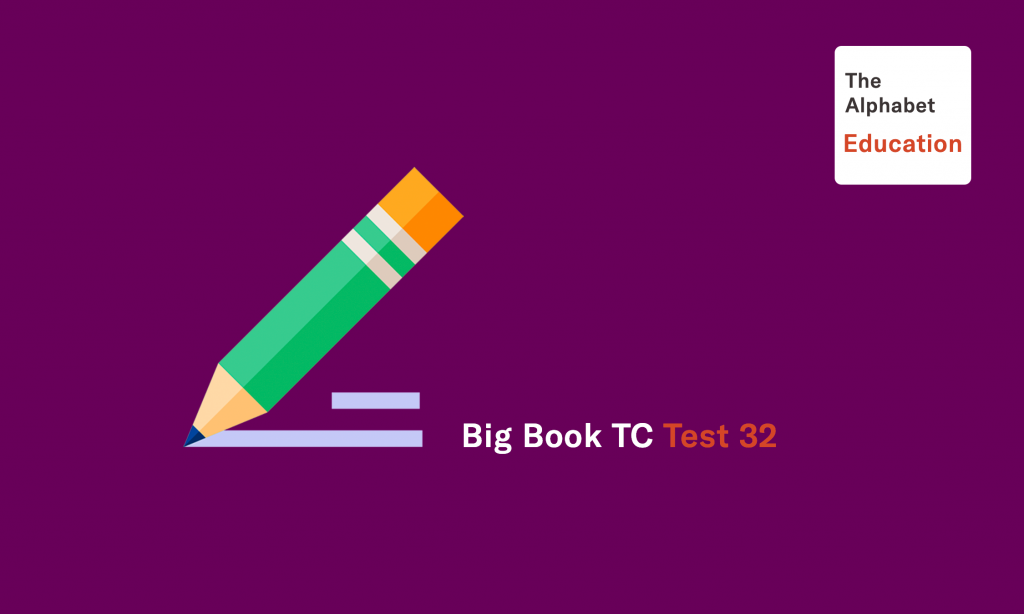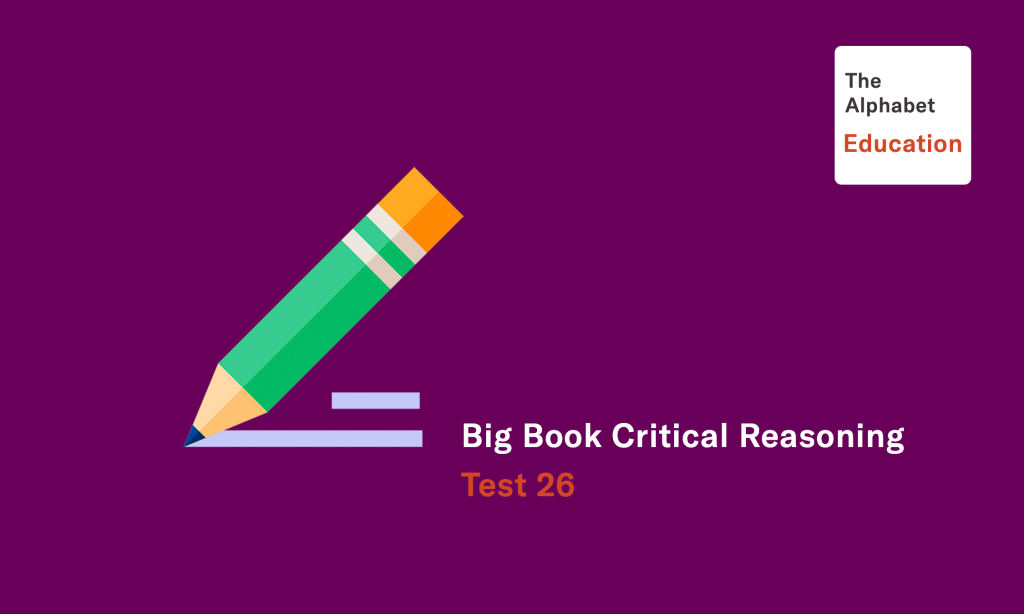
–ChatGPT cannot Replace Humans in College Essay Writings | Image by The Alphabet
Key Points
- Avoid relying on AI-generated essays because of their potential lack of depth and authenticity, which can result in superficial portrayals.
- Applicants should thoroughly explore their personal experiences and emotions to establish a meaningful connection with admissions committees.
- Prioritize human-authored essays as they have the ability to convey emotional depth and authenticity, communicating the author’s unique perspective and sincerity.
Within the reviewing process of college essay writings, experts frequently encounters the formidable challenge — sifting through a wealth of indistinguishable essays. The joy, however, comes form discovering a rare gem amid the vast uniformity. For those with almost decades of experience as application essay coaches, the focus has been on guiding aspiring students from diverse backgrounds and fields through a meticulous and purposeful process that transcends the mere adaptation of responses to specific prompts.
The relentless pressure to secure admission has led many students to forsake genuine self-reflection and authenticity in their essays. As the stakes rise, so does the temptation to embellish, overdramatize, or yield to the influence of authority figures. This practice emerged long before artificial intelligence (AI), especially ChatGPT, entered the scene. Admissions officials have long voiced concerns about the diminishing predictive quality of essays submitted by applicants.
In the current landscape, the risk of presenting a formulaic, and over-polished essay looms larger than ever before. The allure of crafting the “perfect” essay, in a quest for approval, has led many to lose sight of the power of authenticity and genuine self-expression. This shift raises serious questions about the integrity of the admissions process and underscores the importance of preserving the true voices and experiences of applicants.
In this forthcoming November application cycle, the pressure on admission offices will be truly daunting, as they prepare to sift through an expected avalanche of roughly five million college applications. What’s particularly noteworthy is that a significant portion of these applications will feature personal statements co-authored or even entirely composed by generative ChatGPT, marking a watershed moment in the history of college essay writings.
While AI as a proofreading tool is certainly welcomed, especially for those non-native English speakers and students struggling with educational disparities, cautions should be taken when it comes to completing an essay in college admissions.
The concern here is that AI’s proficiency in producing essays that are perfectly structured but fundamentally insincere threatens to exacerbate the prevailing issues within college admissions essays. It’s not hard to imagine what a machine, trained by “reading” countless personal statements, will spit out when it is tasked to generate well polished but inauthentic essays.
Admission offices are at risk of being inundated with essays that closely resemble one another, as they usually follow a ten-step, cookie-cutter formula, which is often found in the essay improvement industry. The difference now is what was once the exclusive domain of admission consultants now becomes accessible to all applicants.
Let Humanity Shine
The central challenge that looms over the forthcoming generation of post-ChatGPT applicants is abundantly clear. They must find ways to surpass these AI-generated essays. To do so, they need to demonstrate their unique humanity in a way that sets them apart from the machine-generated texts. Personal statements that transcend those ordinary ones are the self-aware, unconventional narratives presented in distinctive and unprecedented ways.
For instance, an applicant could share a deeply personal story about their struggles, growth, or a unique life experience that has shaped their ambitions. These statements should be completed by young adults who need to eagerly embrace the demanding task of introspection, distancing themselves from scripted and formulaic responses.
Only by doing that can these exceptional essays stand out and make sure their value increase with time despite the ever-evolving capabilities of AI. In this way, applicants can rise above the machine-generated prose and make a truly memorable impression on admission committees.
–Colleges grapple with AI-generated college admissions essays | Video by TODAY
To create a compelling narrative that captures the attention of admission officers, applicants must prioritize depth of thought in their writing process. They should embark on a journey through their personal experiences, engage in honest self-reflection, and explore unresolved contradictions within themselves. This requires them to venture into uncharted territories that go beyond the knowledge contained in the Large Language Model’s training data.
Such essays stand out as exceptionally human, even amidst a sea of meticulously polished but artificial compositions. They provide an invaluable roadmap for infusing a distinct human touch into their writing. While artificial intelligence can rapidly generate essay-like text, it’s essential to understand that truly memorable essays are inherently unique and individualistic.
Applicants should begin by laying out all the elements they can bring to their essay, paying special attention to the nuanced gaps between their imperfect puzzle pieces. Applicants must resist the temptation to rely on clichés and, instead, focus on crafting personalized, handwritten narratives. The only formula for success is to discard any preconceived formulas and march into unexplored territories in their storytelling.
Lets’ consider the example of an applicant, say John, who reflects on a challenging experience volunteering at a local animal shelter. Instead of composing a generic essay exclusively about the joys of helping animals, John decides to dig deeper. He discusses his initial hesitations and feelings of discomfort, and then reveals how these emotions were transformed into a profound sense of empathy and commitment.
By sharing the personal growth he experienced, John’s essay stands out as a genuine, human story. This authenticity is what admission officers seek, and it’s only achievable by navigating beyond the well-trodden paths of clichés and formulaic writing. This approach ensures that the essays resonate as uniquely human in a sea of impersonal, automated compositions.
Demonstrate Complexities
Another essential principle in the admissions process involves stopping oversimplifying an applicant’s profile. To grasp the complexities of a candidate’s identity, it’s essential to consider how a student’s character varies across different contexts.
For example, think of a student who consistently excels academically in the classroom, where teachers commend his or her dedication and intellectual abilities. However, outside the academic setting, this same student might display an entirely different set of qualities. Among friends, this individual might be recognized for creativity, leadership skills, and a remarkable sense of empathy. Moreover, in more personal moments, this student might reveal profound dreams, significant fears, and unique life aspirations that have significantly influenced his or her character.
These various facets of identity coexist in intricate and interconnected ways that are at odds with one-dimensional categorization.
While artificial intelligence models may attempt to simplify this complexity, a human-driven evaluation process values the nuanced layers within an applicant’s experiences, dreams, and aspirations. This approach results in a more comprehensive and equitable admissions process, fostering diversity and depth within the student body and benefiting the academic community as a whole.
When students adopt a robotic writing style, they run the risk of imitating the emotionless calculations of the very machines they are competing against in the admissions process. It’s crucial to understand that the personal statement is not a test of one’s writing abilities but rather a test of empathy and human connection.
Admissions officers are inundated with an overwhelming number of applications, each containing a heap of materials. To effectively engage the admissions audience and help them envision an applicant as a vibrant participant in the academic community, one should take an honest and introspective approach. Trying to eliminate all imperfections in one’s personal statement can lead to the unintended consequence, rendering the applicants and their aspirations invisible.
Here, we consider a prospective medical major student. Instead of solely listing academic achievements and extracurricular activities, this candidate could share a heartfelt and memorable story about a vulnerable patient he or she encountered during a volunteer experience. The essay might describe the challenges the contender faced, the emotions felt, and the personal growth experienced through daily interactions.
This approach not only adds a deeply personal touch to the application but also showcases the applicant’s empathy and commitment to the medical field. Admissions officers would be far more likely to remember and connect with such an applicant, seeing this candidate as a compassionate and engaged future member of the academic community. This demonstrates the power of infusing one’s personal statement with genuine experiences and emotions rather than attempting to create a flawless, robotic document.
Walk Through The Process By Yourself
The application essay serves as a critical component of the admissions process. It offers applicants a unique chance to reflect on their life experiences, motivations, and aspirations. Crafting a compelling essay demands more than just putting words on paper; it requires a deep dive into one’s own journey and a sincere effort to communicate it effectively. Applicants often undergo several rounds of revision to ensure that their essay accurately portrays their true selves.
AI-driven programs can certainly produce coherent and well-structured content, but they lack the ability to infuse the essay with the personal touch, emotions, and authenticity that are essential to making a meaningful connection with admissions committees. Using AI to craft an essay essentially outsources the task of self-representation to a machine that lacks the depth of personal experience.
When applicants turn to AI to create their essays, they relinquish their control over a fundamental element of their application. The essay is the one part of the admissions process where applicants have direct influence. By relying on AI, they forfeit their chance to convey their unique stories, thoughts, and feelings. This choice can ultimately result in a superficial, one-dimensional portrayal that fails to capture the depth of their character.
Essays created by individuals, on the other hand, have the capacity to exhibit genuine commitment and authenticity. They can delve into the richness of human experiences and provide a personal perspective that resonates with readers on a profound level. These essays reflect the heart and soul of the author, conveying a narrative with emotional depth and sincerity that an AI simply cannot replicate.



